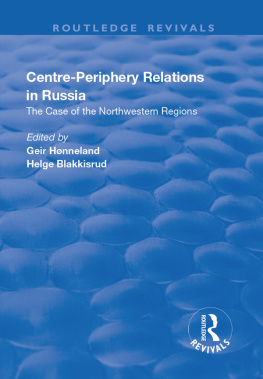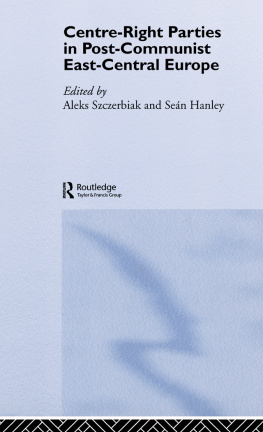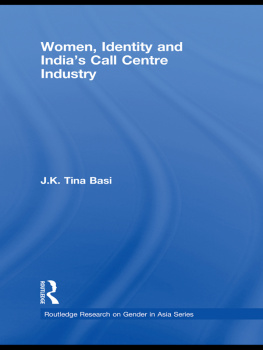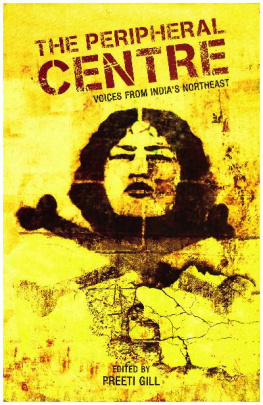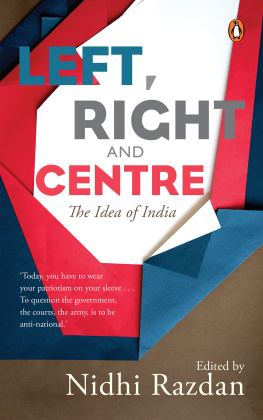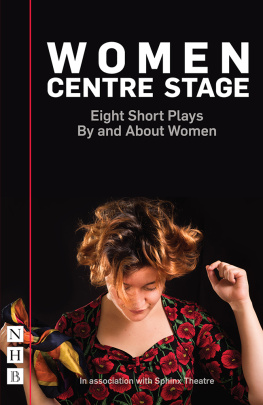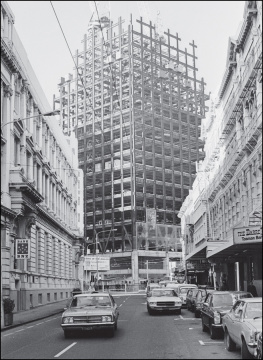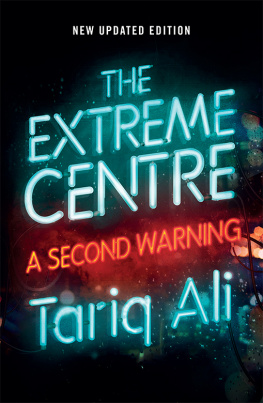FROM THE MARGINS TO THE CENTRE
Popular Cultural Studies
Series editors: Justin OConnor and Derek Wynne.
Series sub-editor: Maggy Taylor.
The editors are, respectively, Director and Research Director of the Manchester Institute for Popular Culture where this series is based. The Manchester Institute for Popular Culture, at The Manchester Metropolitan University, England, was set up in order to promote theoretical and empirical research in the area of contemporary popular culture, both within the academy and in conjunction with local, national and international agencies. The Institute is a postgraduate research centre engaged in comparative research projects around aspects of consumption and regulation of popular culture in the city. The Institute also runs a number of postgraduate research programmes, with a particular emphasis on ethnographic work. The series intends to reflect all aspects of the Institutes activities including its relationship with interested academics throughout the world. Current theoretical debates within the field of popular culture will be explored within an empirical context. Much of the research is undertaken by young researchers actively involved in their chosen fields of study, allowing an awareness of the issues and an attentiveness to actual developments often lacking in standard academic writings on the subject. The series will also reflect the working methods of the Institute, emphasising a collective research effort and the regular presentation of work-in-progress to the Institutes research seminars. The series hopes, therefore, both to push forward the debates around the regulation and consumption of popular culture, urban regeneration and postmodern social theory whilst introducing an ethnographic and contextual basis for such debates.
First published 1996 by Ashgate Publishing
Published 2017 by Routledge
2 Park Square, Milton Park, Abingdon, Oxon 0X14 4RN
711 Third Avenue, New York, NY 10017, USA
Routledge is an imprint of the Taylor & Francis Group, an informa business
Copyright Justin OConnor and Derek Wynne 1996
All rights reserved. No part of this book may be reprinted or reproduced or utilised in any form or by any electronic, mechanical, or other means, now known or hereafter invented, including photocopying and recording, or in any information storage or retrieval system, without permission in writing from the publishers.
Notice:
Product or corporate names may be trademarks or registered trademarks, and are used only for identification and explanation without intent to infringe.
British Library Cataloguing in Publication Data
From the margins to the centre: cultural production and consumption in the post-industrial city (Popular Cultural Studies)
1. Popular culture 2. City and town life
I. OConnor, Justin II. Wynne,
Derek 306.091732
Library of Congress Catalog Card Number: 96-83263
ISBN 13: 978-1-85742-333-4 (pbk)
ISBN 13: 978-1-85742-332-7 (hbk)
Contents
Acknowledgements
Justin OConnor and Derek Wynne
. Fordism, post-Fordism and the contemporary city
Phil Mole
. Left loafing: city cultures and postmodern lifestyles
Justin OConnor and Derek Wynne
. Regional variations: northernness and new urban economies of hedonism
Katie Milestone
. The interchangeable roles of the producer, consumer and cultural intermediary The new pop fashion designer
Sarah Purvis
. The ecstasy of urban regeneration: regulation of the night-time economy in the transition to a post-Fordist city
Andy Lovatt
The space that difference makes: negotiation and urban identities through consumption practices
Jenny Ryan and Hilary Fitzpatrick
. The city as a site of ethical consumption and resistance
Jonathan Purkis
. Capitalist enterprise as a moral or political crusade: opportunities, constraints and contradictions
Paul Kennedy
. Shouting in the street: popular culture, values and the new ethnography
Andy Lovatt and Jonathan Purkis
The papers included in this book represent the results of a collective investigation into the changing nature of the contemporary city and its associated city cultures. The empirical investigations, rooted in a local which is Manchester, while obviously peculiar to that city, do, nevertheless contain wider ranging implications for all industrial and post-industrial cities affected by an increasingly global restructuring a restructuring associated with not only economic change, but also cultural change. As such, while our investigations and their results are characterized by their embeddedness in a singular British, English, Northern, industrial (post-industrial?) city, we believe that many of the results of our investigations, and certainly the thrust of our arguments, will find an echo in other cities around the globe.
The editors would like to thank all of their friends and colleagues who have helped in countless ways to ensure that this project came to fruition. Certainly without the funding obtained from what was then known as the Polytechnics and Colleges Funding Council, the empirical work could not have been undertaken. For providing us with the necessary support we would like to thank Dr. Ian Roberts, Head of Research Development, and Dr Stephen Kirby, Dean of Faculty of Humanities and Social Studies at the Manchester Metropolitan University. For intellectual support we would also like to thank Pete Bramham, Sara Cohen, Eric Corijn, Mike Featherstone, Simon Frith, Larry Grossberg, Scott Lash, Celia Lury, Hans Mommaas, Jon Savage and Rob Shields amongst others. Finally to Maggy Taylor at MIPC only she knows the enormity of our indebtedness to her.
Introduction
Justin OConnor and Derek Wynne
The Institute for Popular Culture was set up at Manchester Metropolitan University in October 1991 as a way of bringing together a number of different research projects grouped around the Department of Sociology and the Unit for Law and Popular Culture created by Steve Redhead in 1991. The Institute was to be an interdisciplinary body within the faculty of Law and Humanities. It reflected our concern that the study of popular culture had reached an impasse; that it was taken seriously by the academic world only insofar as it was shunted off to that strange offshoot of English Literature and Sociology Cultural Studies.
The Institute wanted to open up popular cultural studies to the debates raging in other disciplines; and to open these to the profound transformations taking place within popular culture. We began by looking at what was happening on our doorstep; trying to grasp the developments and to understand them in terms of those actually involved in their production and consumption. We did not want to confer a spurious respectability on the objects and desires of popular culture by a transposition of register and a display of intellectual pyrotechnics which could only confer a lucrative unrespectability on this transgresive academic voice.
We started with rave, football and urban regeneration. The death of youth culture coinciding with a huge explosion of energy, imagination, irony, Peace, Love and drugs. Death on the terraces somehow prompting a re-invention of what it is to be in love with a game. The shiny happy buildings of a regenerated centre, announcing that the devastation of the city was just a bad dream and then people taking them at their word and making the centre their own.


